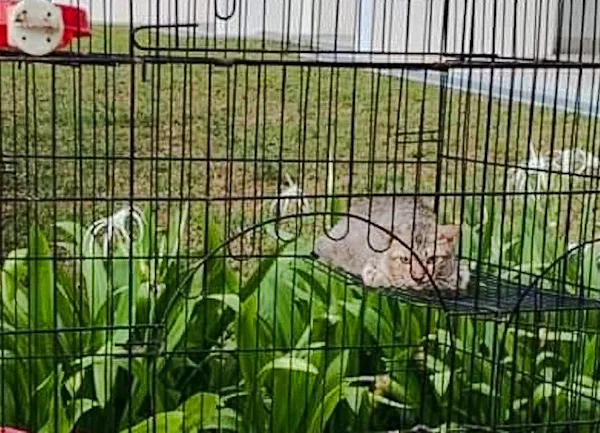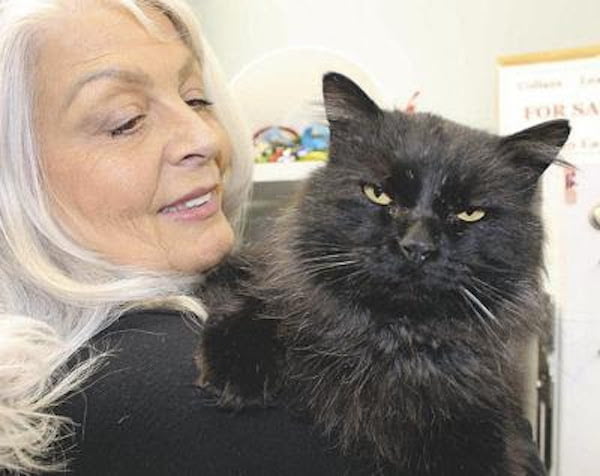I ran a little tests today to see how critically important food freshness is to a domestic cat. My cat likes king prawns. I treat him with them from time to time. I have one packet which has three days left on its sell by date so they are perfectly fresh and edible.
 |
| Food freshness is important to a domestic cat. Image: MikB based on image from Pixabay. |
Today I bought a fresh packet, straight off the shelves of Sainsbury's. I gave him some prawns from the older packet and he rejected them. I gave him some prawns from the fresh packet and he gobbled them up.
Both were highly edible but he entirely rejected one and loved the other. And of course he checked them out with his nose. The first thing that a domestic cat does when eating food is to smell it. The cat's nose is the arbiter of whether food is good or bad, edible or inedible.
This is why they will pick up the smell of a pill inside food and reject all the food or just the pill. I don't think humans have yet fully grasped the importance of smell to the domestic cat. It's like an extra pair of eyes in the human world.
I wonder sometimes whether they rely more on their sense of smell than they do on their sight. As I dictate this my cat has discovered some dry cat food inside a toy. The toy is designed to make getting at the food difficult. It's meant to simulate hunting. The food has been there for about a year. He is eating it with gusto.
That is another story. Dry cat food can smell perfectly edible and attractive to a domestic cat even though it is quite old and beyond its sell by date. Does dry cat food go off? They say it does and it does have a sell by date but I'm sure that 99.9% of purchasers ignore the sell by date. It is as good as meaningless because the lifespan of dry cat food is so long in practice.
The point of this post is that cats rely on their sense of smell to decide whether the food is edible or not. It's appearance is probably neither here nor there.









